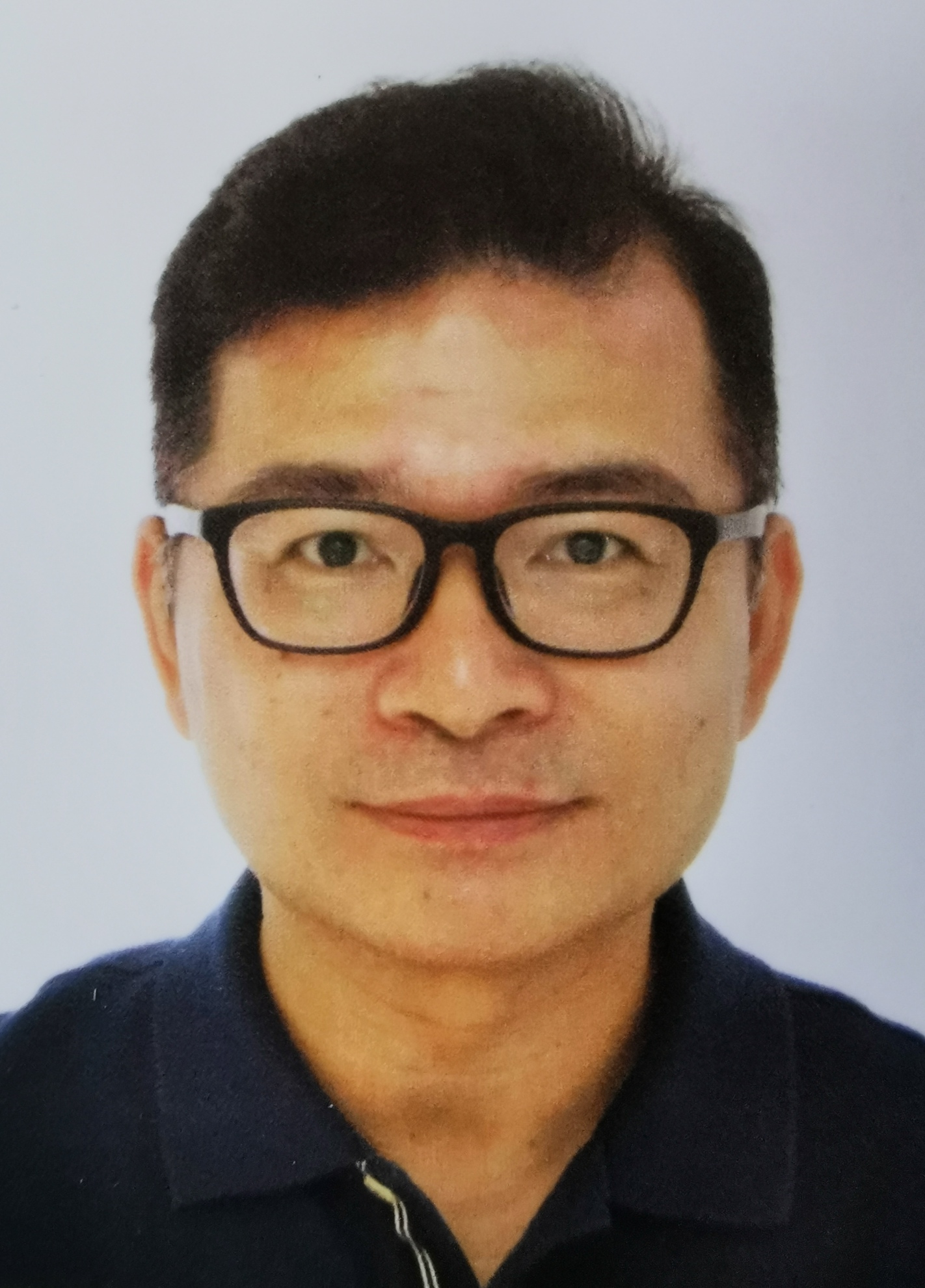
Keynote Speaker

Rong Su
Nanyang Technological University, Singapore
Biography: Dr Rong Su obtained his Bachelor of Engineering degree from University of Science and Technology of China, and Master of Applied Science degree and PhD degree from University of Toronto, respectively. He was affiliated with University of Waterloo and Technical University of Eindhoven before he joined Nanyang Technological University in 2010. Dr Su's research interests include multi-agent systems, discrete-event system theory, model-based fault diagnosis, cyber security analysis and synthesis, control and optimization of complex networks with applications in flexible manufacturing, intelligent transportation, human-robot interface, power management and green buildings. In the aforementioned areas he has more than 300 journal and conference publications, 1 monograph, 18 granted/filed patents. Dr Su is an associate editor for IEEE Transactions on Cybernetics, Automatica (IFAC), Journal of Discrete Event Dynamic Systems, and Journal of Control and Decision. He was the Chair of the Technical Committee on Smart Cities in the IEEE Control Systems Society in 2016-2019. Currently, he is a co-chair of Technical Committee on Automation in Logistics in the IEEE Robotics and Automation Society. Dr Su is the recipient of 2021 Hsue-shen Tsien Paper Award from IEEE/CAA Journal of Automatica Sinica and Best Paper Award in 15th International Conference on Advanced Systems in Public Transport (CASPT 2022), a Distinguished Lecturer for 2020 Chinese Conference on Decision and Control (CCDC'20) and an IEEE Distinguished Lecturer for IEEE Robotics and Automation Society.
Speech Title: Multi-Platoon Management of Autonomous Vehicles in Urban Traffic Networks
Abstract: The transport sector accounts for 6–12% of GDP in many developed countries, e.g., in Singapore, it contributed about 6.1% of 2021 GDP. Studies show that platoon formation enabled by connected vehicle technology can double traffic network throughput in a city. Various field case studies suggest that platoons can result in about 8-10% average fuel saving in truck transportation. All these benefits are expected to boost the transport sector enormously. However, to enjoy such benefits, new platoon management methods are needed to ensure safety and performance optimality at both the individual platoon level and the networkwide level. In this talk, I will briefly introduce some recent results developed by my team on multi-platoon management in an urban traffic network, and highlight challenges and some future research directions.